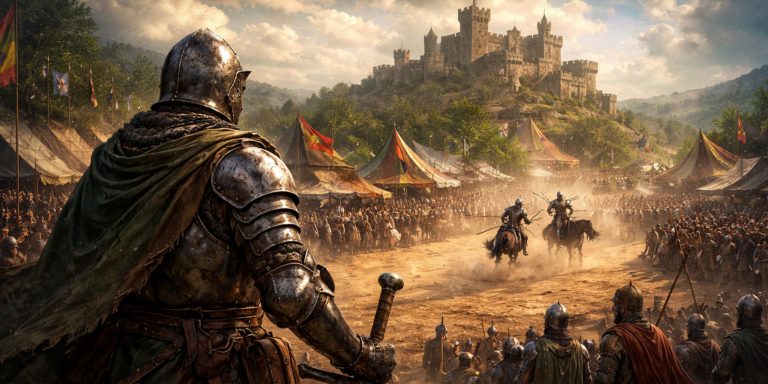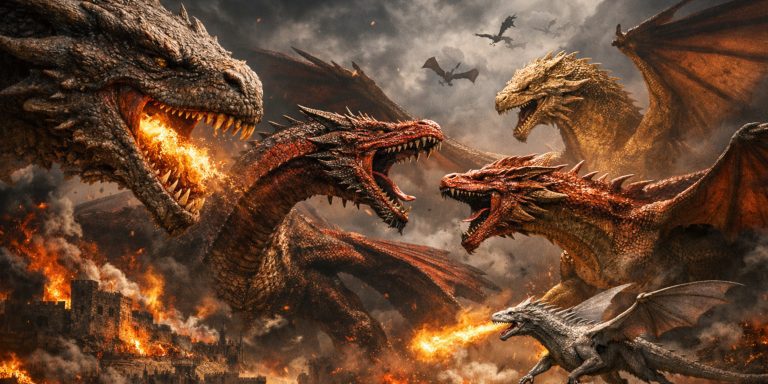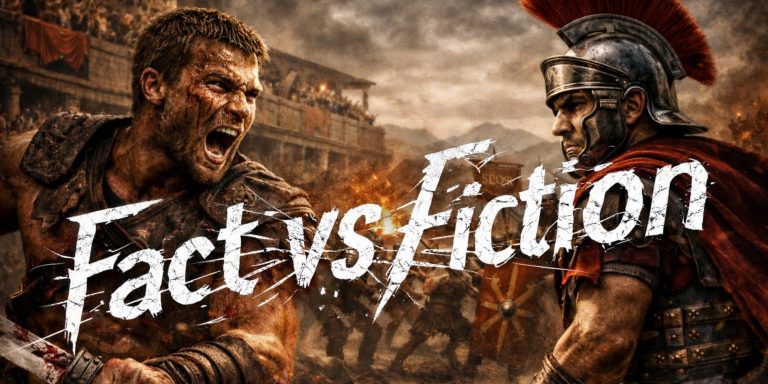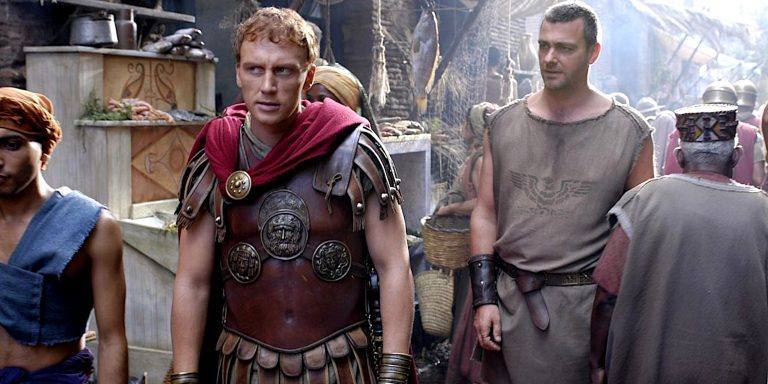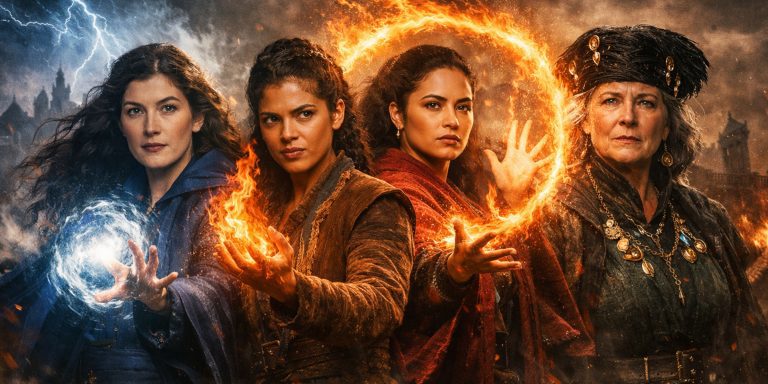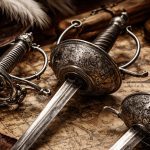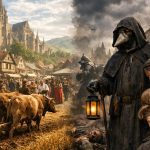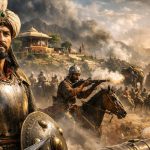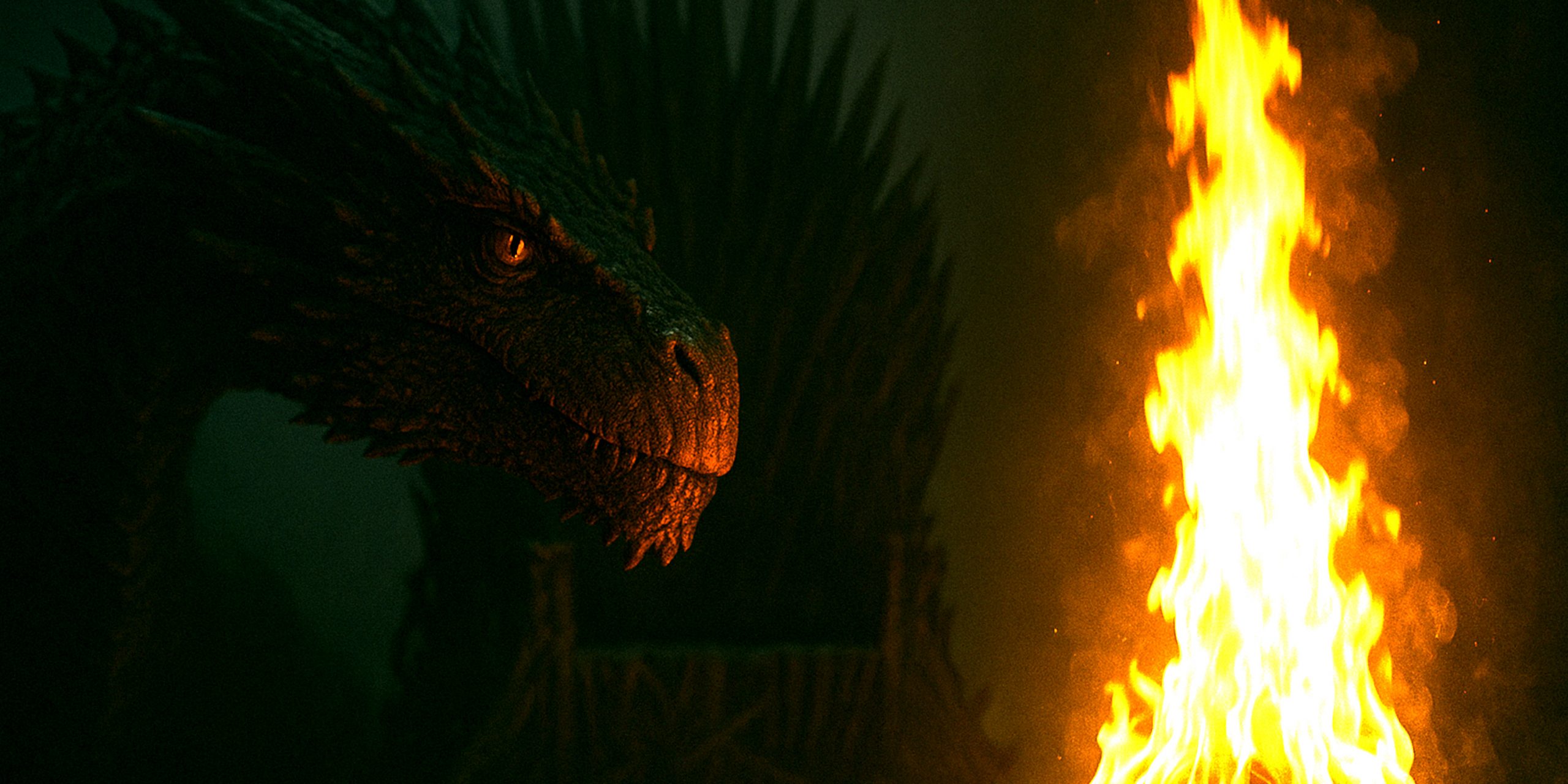
If you’re coming to House of the Dragon expecting fireballs, wands, or shadowy necromancers flinging curses around like in The Witcher, you’ll be disappointed. Magic in this world doesn’t flash or roar. It hums quietly beneath everything. It’s in the blood, in dreams, and in the fire itself. It’s not about spells. It’s about destiny.
Unlike Game of Thrones, which often pushed magic to the background until the White Walkers appeared, House of the Dragon sits in an in-between age where the magical and political still overlap. Dragons exist, prophecies are whispered, and certain people dream of things that haven’t happened yet. But no one’s waving a staff about it.
The Nature of Magic in House of the Dragon
Magic here isn’t a system. It’s an atmosphere. The world’s magical energy feels weakened compared to the Dawn Age or the days of the Valyrian Freehold, but remnants remain.
A few ways it manifests:
- Bloodlines: Targaryens descend from Valyria, and their connection to dragons is literally in their veins.
- Dreams: Some Targaryens have prophetic visions, often cryptic and unsettling.
- Fire and Ritual: Fire has mystical power, tied to both prophecy and destruction.
- Dragons Themselves: They are not just creatures but living conduits of fire magic.
Magic isn’t something people control. It’s something that uses them.
Dragon Dreams and Prophecy
This is where it gets interesting. Certain Targaryens are “dreamers” who glimpse the future in symbolic dreams. These visions are maddeningly vague, which makes them dangerous.
A few examples:
- Daenys the Dreamer foresaw the Doom of Valyria, convincing her family to flee to Dragonstone before it happened.
- Aegon the Conqueror had a prophetic dream about the threat from the North, the “Song of Ice and Fire,” which he used to justify uniting the Seven Kingdoms.
- Helaena Targaryen, in House of the Dragon, mutters riddles that consistently prove prophetic. She’s like a tragic oracle wrapped in lace and trauma.
Targaryen prophecy isn’t a cheat code. It’s a curse disguised as foresight. The more they know, the more it destroys them.
Dragons: Fire Made Flesh
Dragons are the most obvious sign of magic. They shouldn’t exist. They don’t fit into natural order. Yet they thrive because of a connection between Valyrian blood and fire.
Some fan theories even suggest dragons are bound to the lifeforce of the Targaryens themselves. When their bloodline weakens, the dragons dwindle. When magic fades, so does their flame.
It’s no coincidence that dragon eggs only hatch under rare conditions, often involving blood sacrifice or intense heat. The fire isn’t symbolic. It’s the real magical element binding the entire dynasty together.
Rituals and Fire Worship
While not as overt as R’hllor worship in Game of Thrones, the Targaryens have their own fiery traditions. They build their lives around fire and prophecy, even if they never call it religion.
Rituals involving pyres, dreams, and dragon hatching are faint echoes of Valyrian sorcery. These customs suggest their ancestors didn’t just ride dragons; they may have created them through blood magic.
You can see hints of that belief system in the Targaryen words: Fire and Blood. It’s not just a motto. It’s a magical truth.
The Decline of Magic
By the time House of the Dragon begins, Valyria’s most potent sorcery is long gone. The Targaryens maintain their dragons, but the deep magical science that once sustained them is fading.
This decay reflects a theme George R. R. Martin loves: the world getting older, stranger powers dying out, and humans left to fight over their ashes. The dragons are the last roaring embers of a magical age that’s already ending.
It also explains why, by the time of Game of Thrones, dragons are fossilised, and magic feels like a memory.
My Take: Magic as the Family Curse
Honestly, I think House of the Dragon nails the idea that magic isn’t a gift. It’s a burden. The Targaryens are addicted to it, shaped by it, and ultimately ruined by it. Their dragons make them gods and monsters at the same time. Their dreams give them knowledge that only leads to tragedy.
In a way, the show treats magic like power itself: beautiful, rare, and fatal to those who think they deserve it.
The Quiet Fire Beneath the Throne
Magic in House of the Dragon isn’t about spectacle. It’s about weight. Every prophecy, every dragon roar, every flicker of fire carries meaning. It’s the invisible current that fuels ambition, tragedy, and destiny across generations.
You won’t see it on the battlefield, but you’ll feel it in every dream, every decision, every burning city. The dragons might die, but the magic that made them never really leaves. It lingers, waiting for the next dreamer to wake up screaming.

